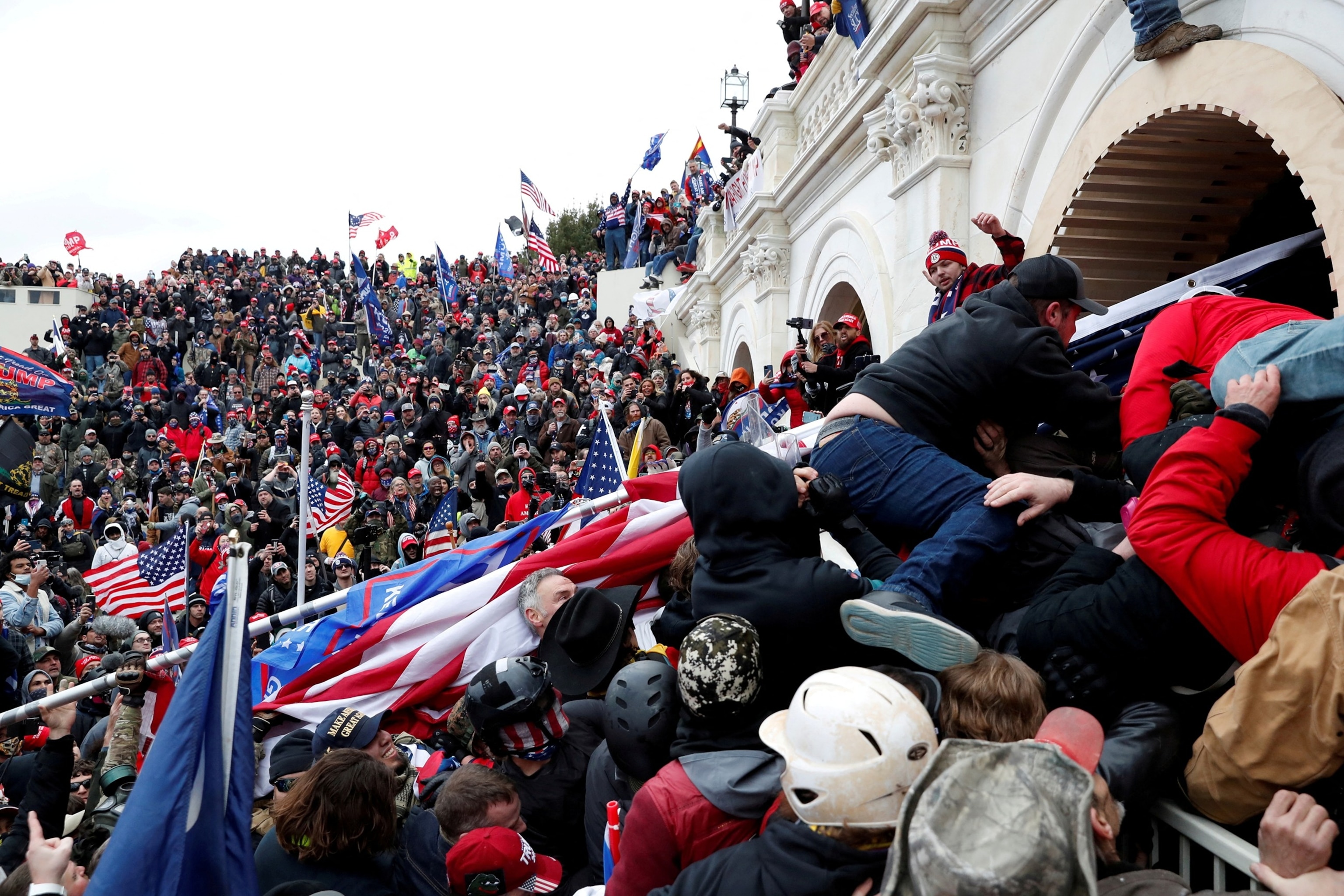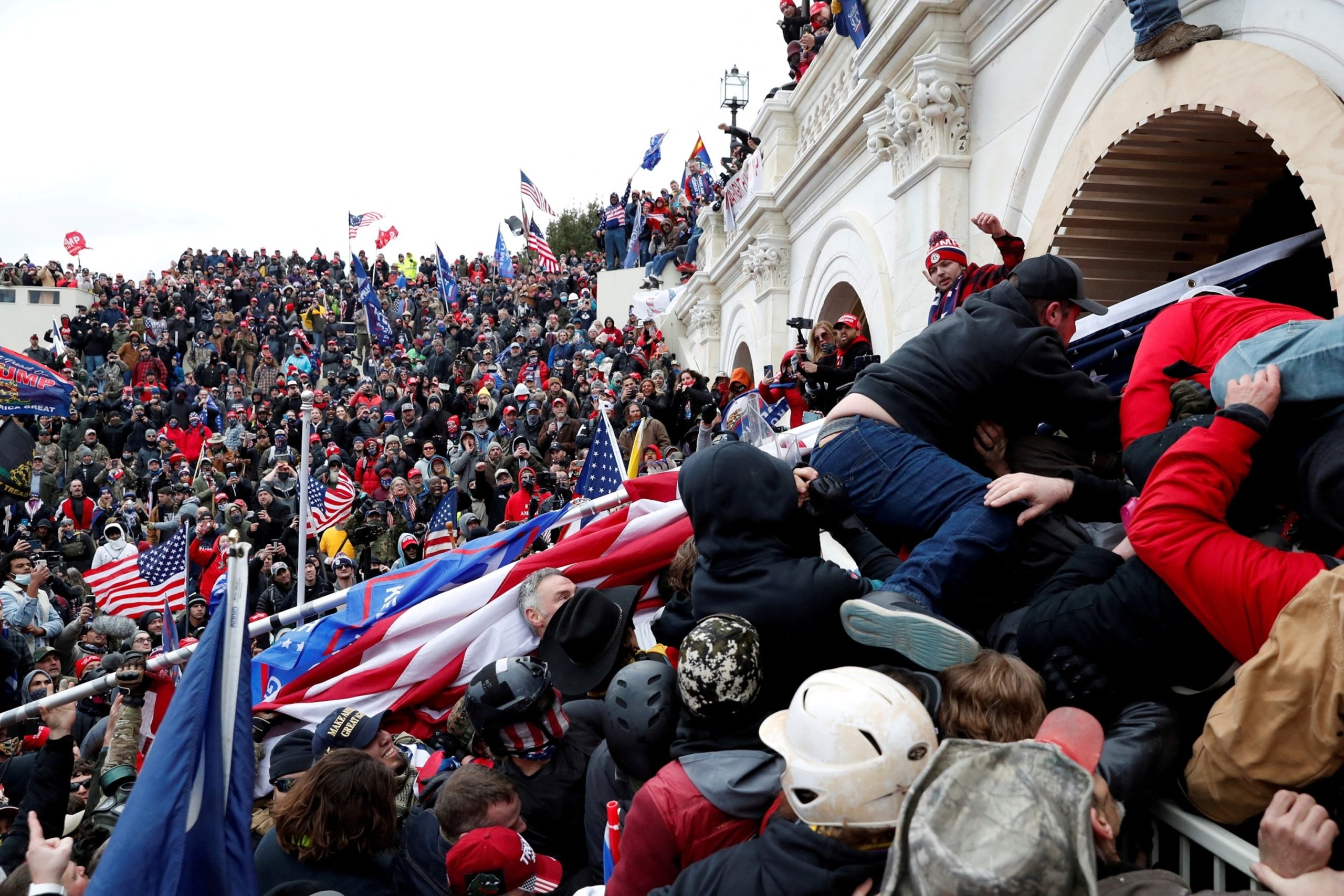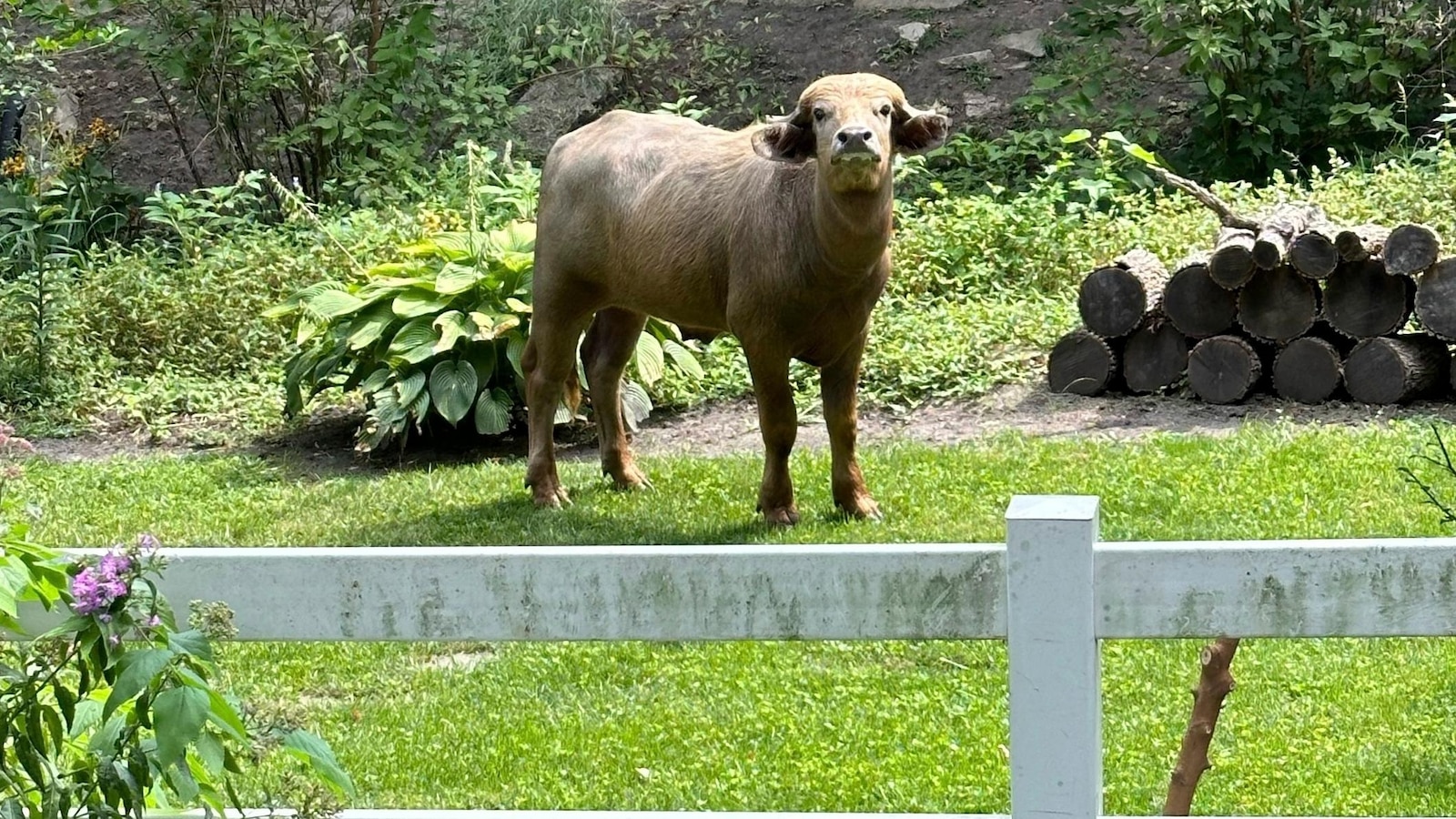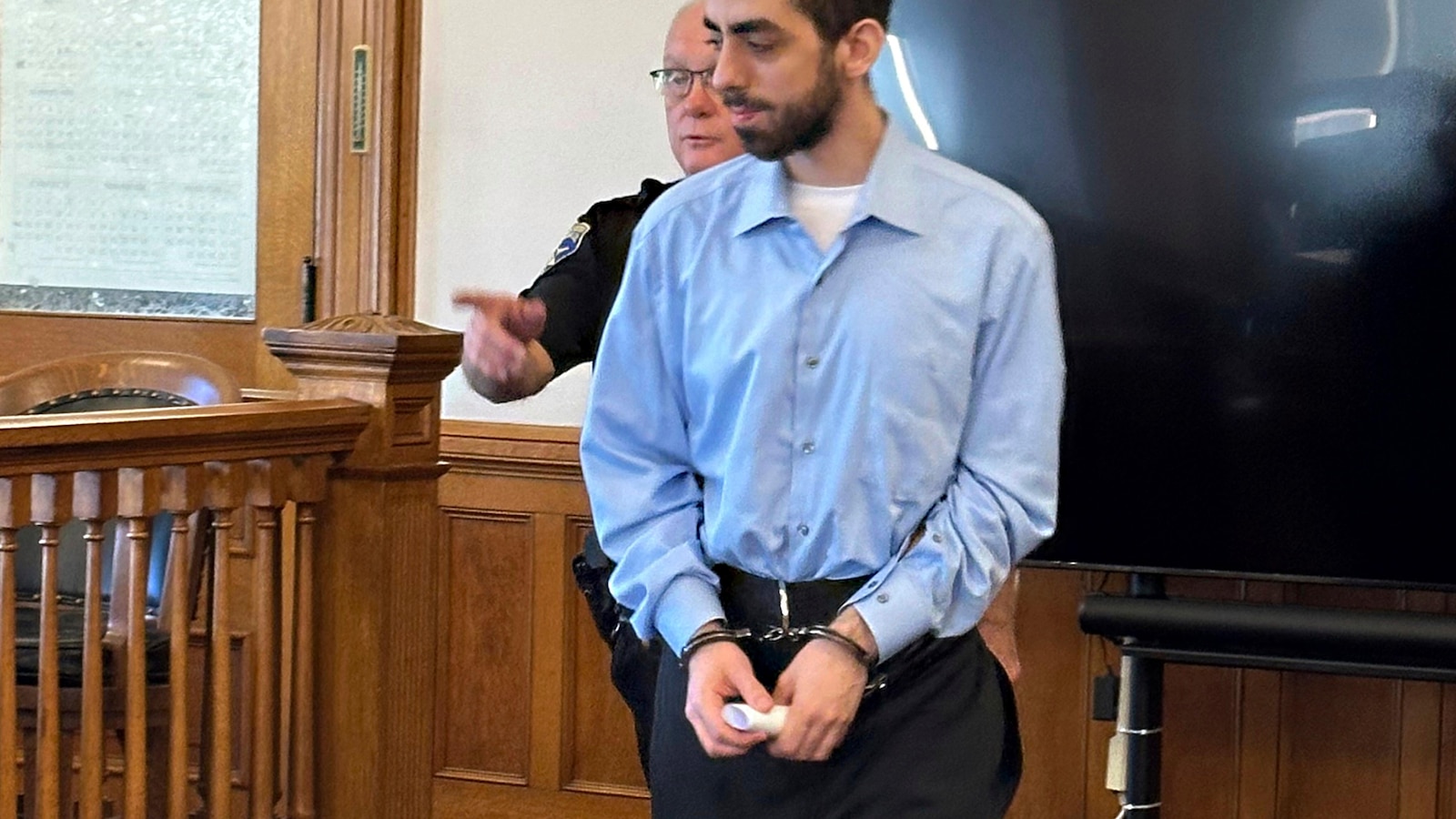Special counsel Jack Smith’s bombshell filing that was unsealed Wednesday in his federal election interference case against former President Donald Trump was just the opening salvo in what could be a protracted legal battle over what conduct prosecutors will be able to ultimately use against Trump as evidence should the case go to trial.
Smith’s 165-page brief lays out in extensive detail Trump’s alleged conduct that Smith argues was carried out in the former president’s private capacity as a candidate, which he argues should not be protected under the Supreme Court’s July ruling that granted presidents absolute immunity through exercising their core official duties.
Trump’s attorneys, who previously were vocal in their opposition to Smith being able to file the extended immunity brief, will now have an opportunity to make their own case advocating Trump’s immunity from prosecution in an effort to have each of the four charges against him dismissed.
The reply from Trump’s lawyers was previously due on Oct. 17 — though in a filing late Wednesday night, Trump’s attorneys asked U.S. District Judge Tanya Chutkan to grant them a five-week extension to file an oversized brief of similar size to the one filed by Smith.
Judge Chutkan on Thursday partly granted Trump’s request, giving him until Nov. 7 to file his reply, and giving Smith’s office until Nov. 21 to respond to Trump’s filing.
Separately, Trump’s team faces a deadline of next Thursday to file any objections to redactions proposed by Smith to a lengthy appendix of exhibits that accompanied his immunity motion unsealed Wednesday. A previous filing from Smith indicated the redactions to the appendix were much more extensive than those in the immunity motion itself, so it’s not entirely clear the extent of new evidence that would come to light should Judge Chutkan similarly make that appendix public.
Once all of the immunity arguments are filed, it will be up to Judge Chutkan to begin an exhaustive process of reaching individual determinations on whether Trump’s conduct, as cited by the special counsel, qualifies as official or unofficial acts.

Protesters storm into the U.S. Capitol during clashes with police, during a rally to contest the certification of the 2020 U.S. presidential election results by the U.S. Congress, in Washington, Jan. 6, 2021.
Shannon Stapleton/Reuters
It’s possible that Chutkan could demand further briefings from the special counsel or Trump’s attorneys — or seek a hearing where each side would be able to debate their conflicting positions.
A year after Trump pleaded not guilty to federal charges of undertaking a “criminal scheme” to overturn the election results in order to remain in power, Smith in August filed a pared-down indictment that removed allegations likely to have been considered official acts, after the Supreme Court ruled that Trump is entitled to immunity from criminal prosecution for official acts undertaken while in office. On Wednesday, Judge Chutkan released a public version of the extensive brief Smith filed in support of his superseding indictment.
In response to the filing, Trump campaign spokesperson Steven Cheung called the case against the former president “a partisan, Unconstitutional Witch Hunt that should be dismissed entirely.”
As part of his filing unsealed on Wednesday, Smith asked Judge Chutkan to package all her rulings into a single order to “ensure thorough and efficient appellate review” and to “minimize the risk” of her again receiving the case back from a higher court with instructions that could risk further appeals.
There’s no clear timetable for when Chutkan could ultimately reach her determinations, but should she rule that any or all of Trump’s conduct was unofficial — and, in that case, prosecutable — it’s widely expected that Trump’s team would immediately appeal the ruling to the D.C. Circuit Court of Appeals.
That would then set off a similar process before the circuit court that was seen previously in the immunity fight, and it’s widely expected that the case will inevitably find itself back before the Supreme Court.
The entirety of that process could be stopped in its tracks, however, should Trump win election in November.
If Trump returns to the presidency, he could order his Justice Department to drop the Jan. 6 case — as well as Smith’s appeal of a Florida federal judge’s order that dismissed Trump’s classified documents case.
After a recent court filing in the ongoing investigation into election interference by former President Donald Trump, many are wondering what to expect next in the case. The filing, which was made by the House Select Committee investigating the January 6th Capitol riot, alleges that Trump engaged in a “criminal conspiracy” to overturn the results of the 2020 election.
The filing includes text messages, emails, and other communications between Trump and his allies that suggest they were actively working to pressure state officials to overturn the election results in key battleground states. The committee also alleges that Trump and his allies were involved in efforts to spread false information about the election and encourage supporters to take violent action to prevent Congress from certifying Joe Biden’s victory.
With this new evidence coming to light, many are speculating about what could happen next in the case. One possibility is that the House Select Committee could move to hold Trump in contempt of Congress for failing to comply with their subpoenas for documents and testimony. This could lead to further legal battles and potentially even criminal charges against Trump.
Another possibility is that the Department of Justice could decide to pursue criminal charges against Trump for his alleged role in the election interference. While it is unclear if the DOJ will take this step, some legal experts believe that there is enough evidence to warrant a criminal investigation into Trump’s actions.
Regardless of what happens next, it is clear that the investigation into Trump’s election interference is far from over. The recent court filing has brought new evidence to light and raised serious questions about the former president’s conduct. As the case continues to unfold, it will be important for the American public to stay informed and engaged in order to hold those responsible for election interference accountable.



